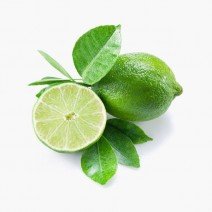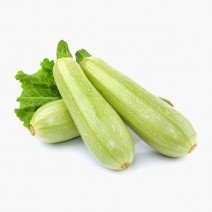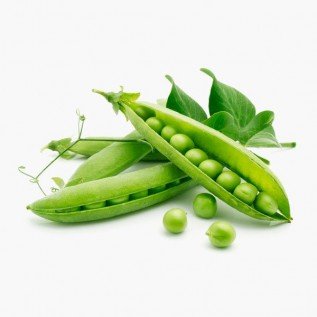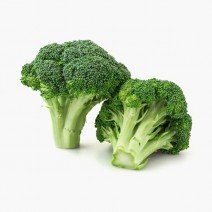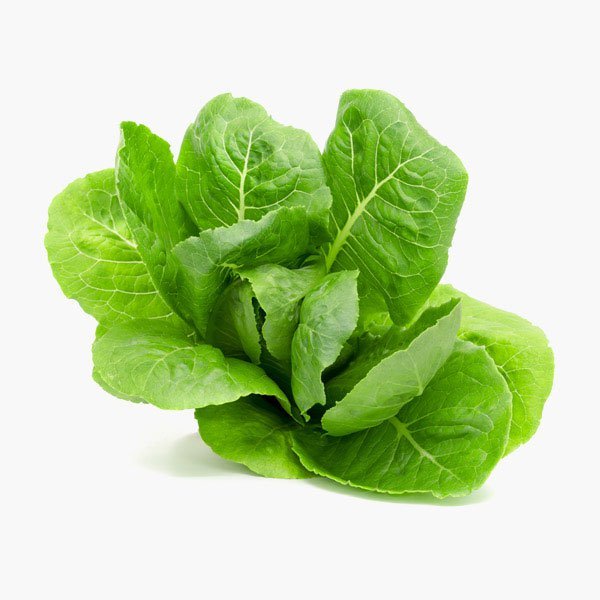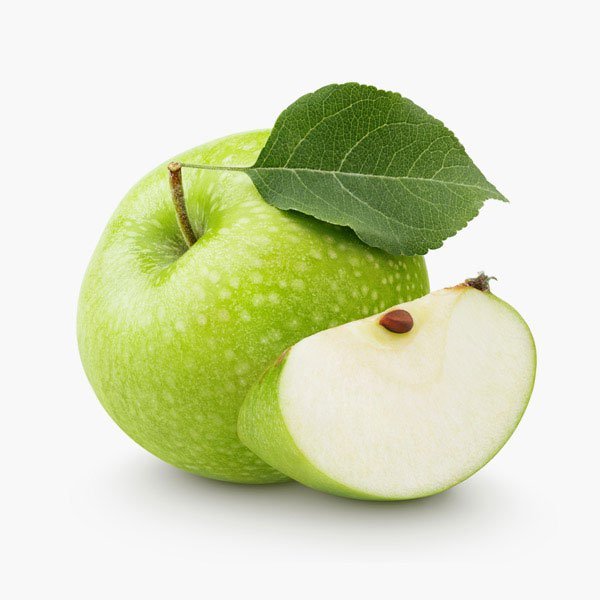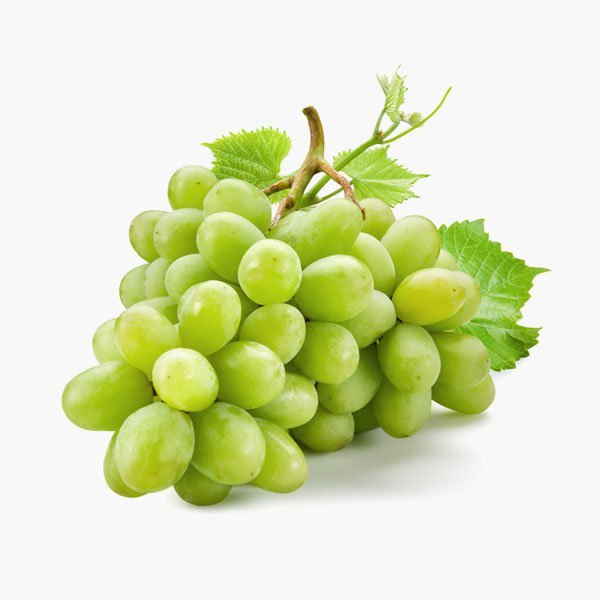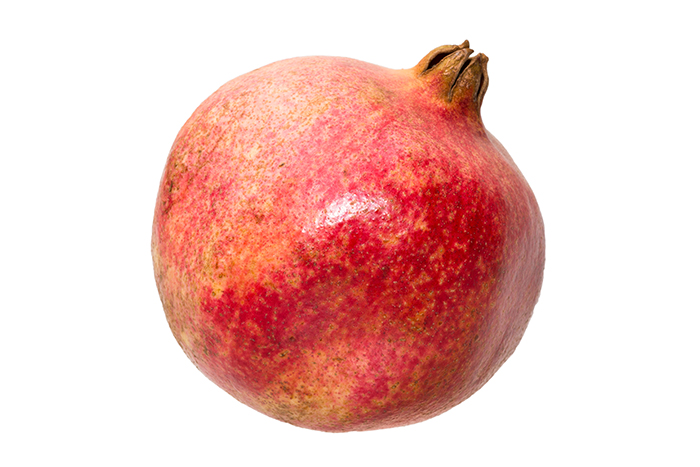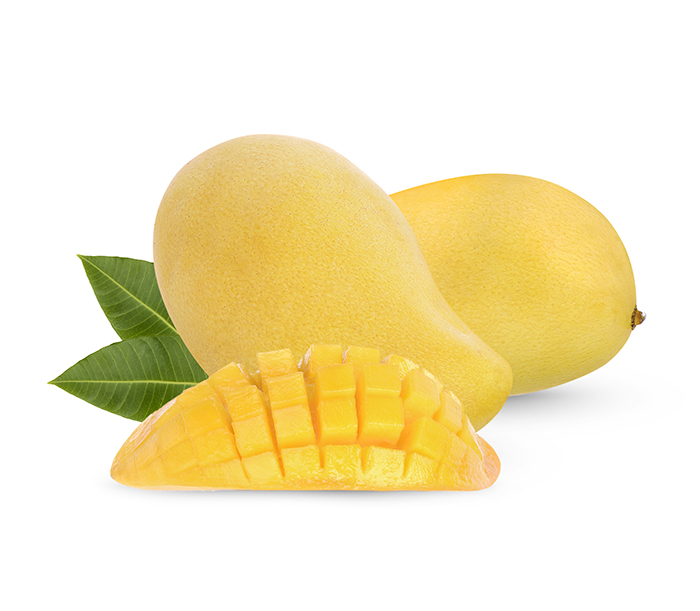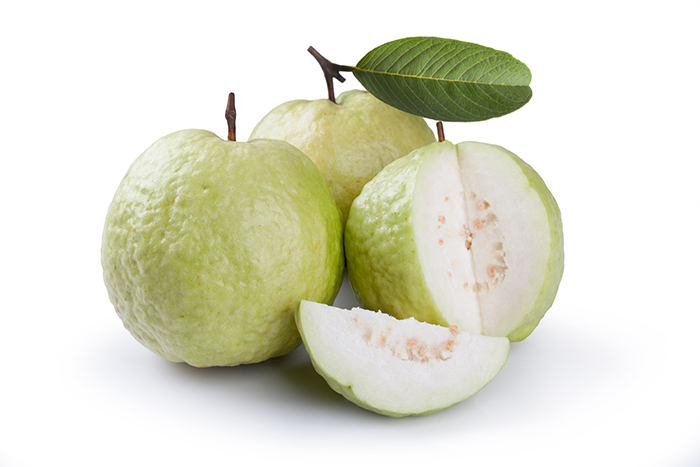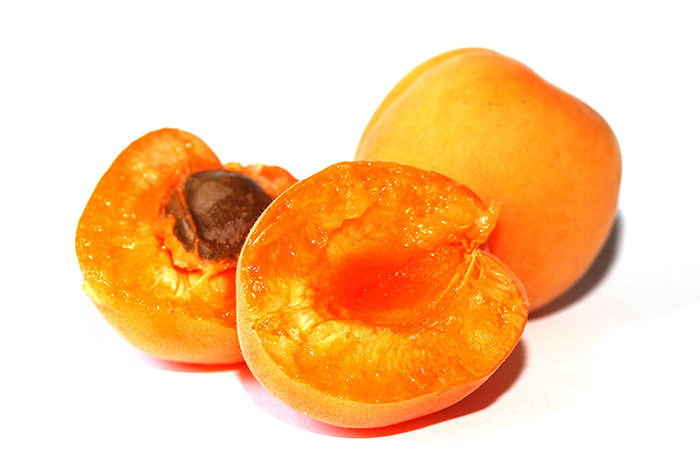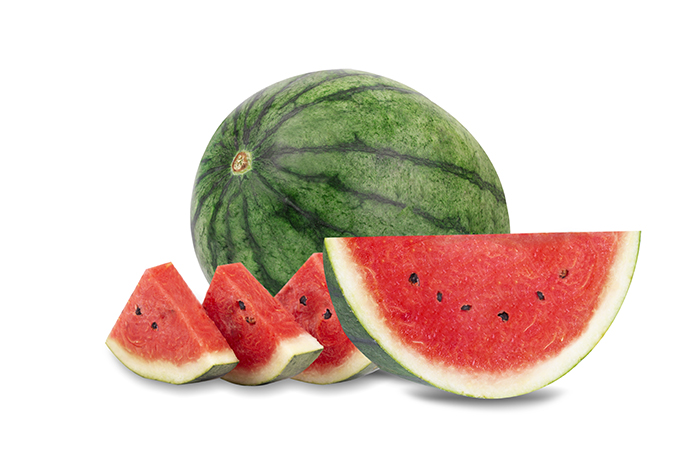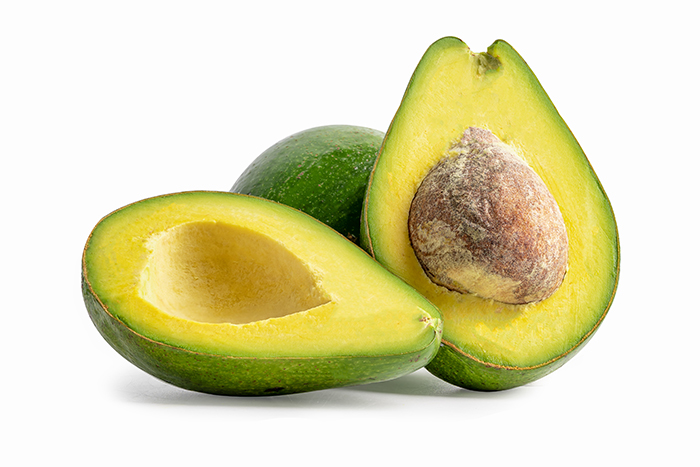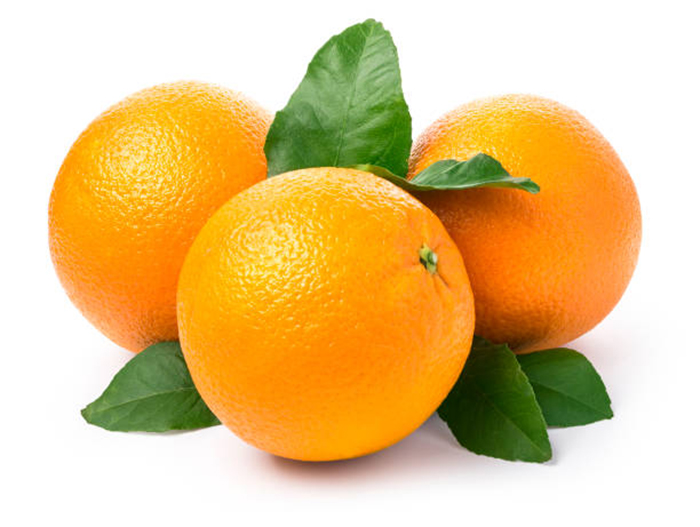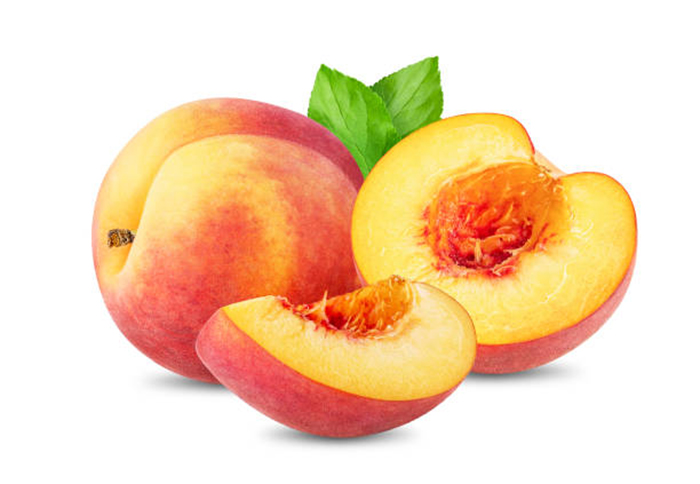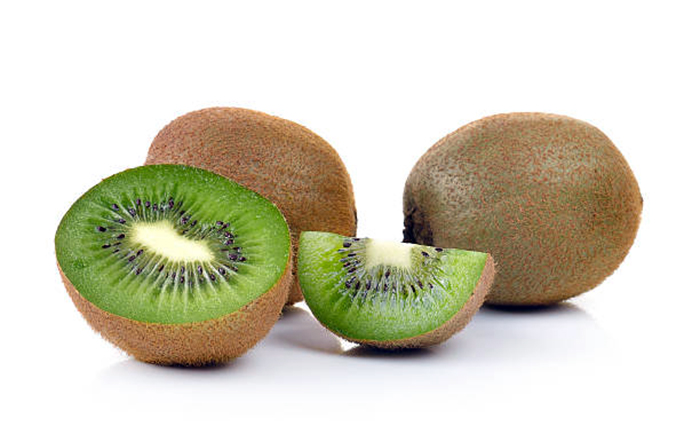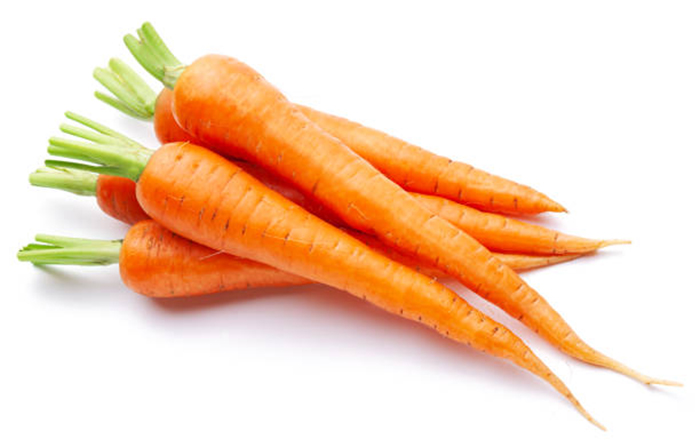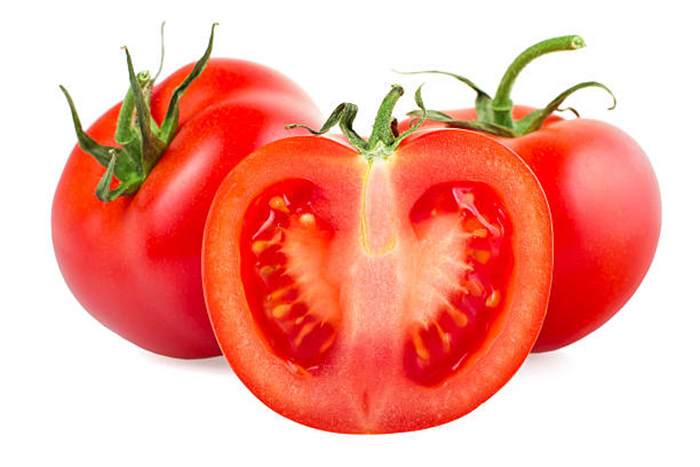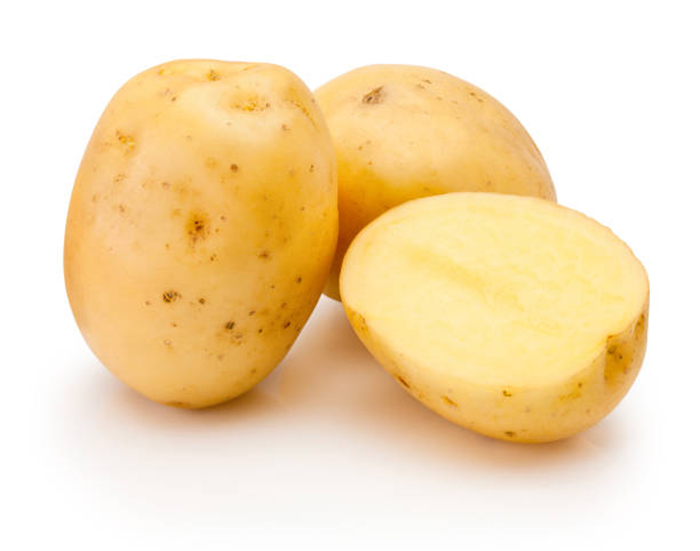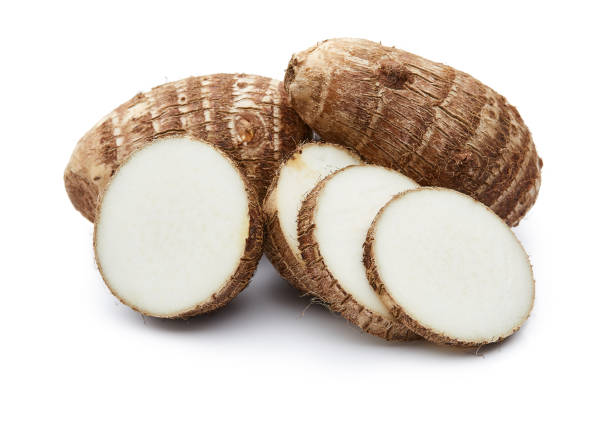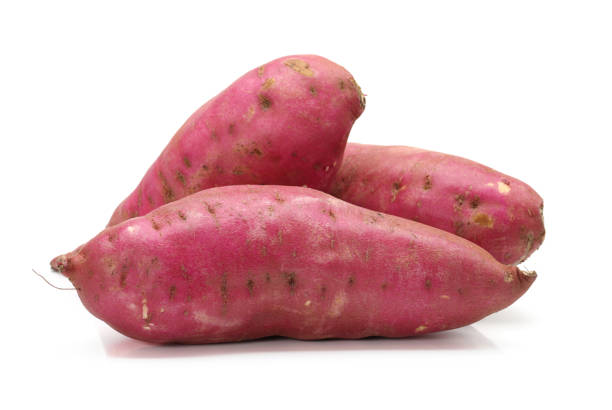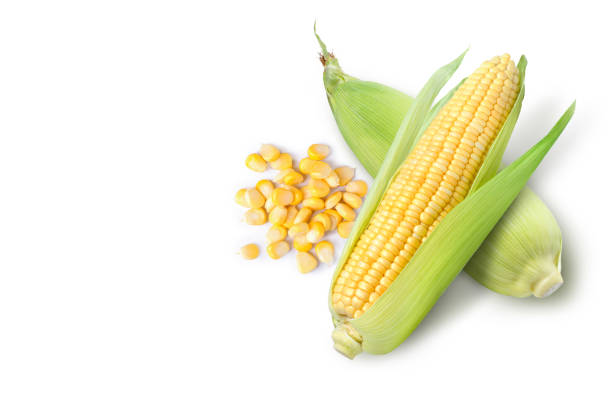Lemon
Lemons boost immunity, aid in digestion, improve skin health, enhance iron absorption, protect against chronic diseases, assist in weight loss, energize the body, promote heart and cardiovascular health, reduce joint inflammation, improve circulation, aid in digestion, promote skin brightening, help relieve cough, strengthen blood vessels, protect against toxins, help alleviate stress and anxiety, improve fat digestion, balance acid levels in the body, improve eye health, and promote dental and gum health.
Zucchini
Zucchini improves digestion, enhances heart health, strengthens the immune system, maintains eye health, lowers blood pressure, protects against chronic diseases, aids in weight maintenance, improves skin health, promotes bone and dental health.
Peas
Rich in fiber and antioxidants, it strengthens the heart, protects against cancer, aids in digestion, supports bone health, regulates blood pressure, improves skin health, and boosts immunity
Broccoli
Broccoli Benefits in English: Broccoli is rich in many important nutrients, including vitamin C and K, folate, and potassium. It is also an excellent source of dietary fiber and antioxidants. Broccoli helps to strengthen the immune system, improve heart health, lower blood pressure, and prevent cancer. It is recommended to eat broccoli regularly to obtain its many health benefits.
Lettuce
Lettuce Benefits: Lettuce is a leafy green vegetable that is rich in essential nutrients such as vitamins A, C, and K, folate, potassium, and calcium. It is also an excellent source of dietary fiber and antioxidants. Lettuce helps improve digestion, lower blood pressure, boost heart health, prevent cancer, and strengthen the immune system. It is recommended to eat lettuce regularly to obtain its many health benefits. It can be eaten raw in salads, cooked in soups or stews, or as a juice. Here are some of the benefits of lettuce in detail: Improves digestion: Lettuce is high in dietary fiber, which helps improve digestion, prevent constipation, and promote digestive health. Lowers blood pressure: Lettuce contains potassium, which helps lower blood pressure. Boosts heart health: Lettuce contains antioxidants that help protect the heart from disease. Prevents cancer: Lettuce contains antioxidants that help fight free radicals, which play a role in cancer development. Strengthens the immune system: Lettuce contains vitamin C, which helps strengthen the immune system. Here are some tips for eating lettuce: Choose fresh lettuce with bright green leaves. Wash lettuce thoroughly before eating. You can eat it raw in salads, cooked in soups or stews, or as a juice. Enjoy the health benefits of lettuce!
Green Apple
Green Apple Benefits: Green apples are a fruit rich in many important nutrients, such as dietary fiber, vitamin C, and potassium. They are also an excellent source of antioxidants. Green apples help improve digestion, lower blood pressure, boost heart health, prevent cancer, and strengthen the immune system. It is recommended to eat green apples regularly to obtain their many health benefits. Here are some of the benefits of green apples in detail: Improves digestion: Green apples are high in dietary fiber, which helps improve digestion, prevent constipation, and promote digestive health. Lowers blood pressure: Green apples contain potassium, which helps lower blood pressure. Boosts heart health: Green apples contain antioxidants that help protect the heart from disease. Prevents cancer: Green apples contain antioxidants that help fight free radicals, which play a role in cancer development. Strengthens the immune system: Green apples contain vitamin C, which helps strengthen the immune system. Here are some tips for eating green apples: Choose fresh green apples with smooth skin. Wash green apples thoroughly before eating. You can eat them raw, cooked in desserts, or as a juice. Enjoy the health benefits of green apples!
Green Grape
Green Grape Benefits: Green grapes are a fruit rich in beneficial nutrients, including vitamins, minerals, dietary fiber, and antioxidants. Here are some of its benefits: 1. Improved digestion: Rich in dietary fiber that improves digestion and prevents constipation. 2. Lower blood pressure: Rich in potassium, which helps lower blood pressure. 3. Boost heart health: Rich in antioxidants that protect the heart from disease. 4. Prevent cancer: Antioxidants fight free radicals that play a role in cancer development. 5. Strengthen the immune system: Rich in vitamin C, which strengthens the immune system. 6. Other benefits: Helps with weight loss. Improves skin and hair health. Maintains eye health. Promotes brain health. Here are some tips for eating green grapes: Choose fresh green grapes with a bright green color. Wash them thoroughly before eating. Eat them raw or add them to salads or smoothies. Enjoy the health benefits of green grapes!
Pomegranate
Pomegranates are fruits originating from the Middle East and India, known for their numerous health benefits. They are rich in antioxidants and vitamins, promoting heart and digestive health, and helping combat inflammation and some types of cancer. Pomegranates can be consumed fresh, as juice, or added to various dishes.
Mango
Mango fruit is a small, round tropical fruit that grows on mango trees in warm and humid regions, such as Southeast Asia and Central America. It features a shiny outer skin that changes color from light green to yellow or red when ripe, and inside, it has soft, juicy flesh ranging in color from yellow to orange. Mangoes are a good source of vitamins and minerals, such as Vitamin C, Vitamin A, and potassium, and they have a sweet and refreshing taste that makes them beloved worldwide.
Guava
The guava fruit, is a tropical fruit that grows on small guava trees belonging to the Myrtle family. Guava is a significant source of various vitamins and minerals, such as Vitamin C, Vitamin A, potassium, and dietary fiber. It is characterized by a thin outer skin that changes from dark green to yellow when ripe, and inside, it contains soft, juicy flesh with a sweet and refreshing flavor. Guava is consumed fresh and can also be used to prepare fruit juices, jams, and various desser
Apricot
Apricot is a fruit with a velvety outer skin and a golden to orange color. It belongs to the Prunus family, which includes peaches, plums, and cherries. Apricots are native to Central Asia and are now cultivated in many temperate regions around the world. They are a good source of vitamins A and C, potassium, and dietary fiber. Apricots have a sweet and slightly tangy flavor, and they can be enjoyed fresh, dried, or used in various culinary dishes such as jams, preserves, and desserts. They are often associated with improving eye health, supporting skin health, and aiding digestion due to their high fiber content.
Strawberry
Strawberry is a small, bright red fruit that belongs to the rose family. It is known for its sweet and refreshing taste and is often a rich source of Vitamin C and antioxidants. Strawberries are commonly used in various sweet recipes such as cakes, pastries, salads, juices, and ice creams. They typically grow in temperate and subtropical regions and are predominantly available during the spring and summer seasons.
Watermelon
Watermelon is a climbing herbaceous plant known for its large, watery, and delicious fruits. It is a popular and refreshing fruit, especially during the summer season. Watermelon has a high water content, making it ideal for hydration on hot days. Additionally, it is low in calories and serves as a good source of vitamins and minerals such as Vitamin C and potassium.
Avocado
The avocado is a fruit with a creamy texture and a rich, nutty flavor. It is native to Central America and Mexico and is now cultivated in many tropical and subtropical regions around the world. Avocado is known for its high nutrient content, including healthy fats, vitamins, and minerals. It is particularly rich in monounsaturated fats, which are beneficial for heart health. Additionally, avocados contain fiber, potassium, Vitamin K, Vitamin E, and various B vitamins. They are versatile and can be enjoyed in many dishes, such as salads, sandwiches, dips (like guacamole), and smoothies.
Orange
The orange is a tropical fruit known for its vibrant orange color and delicious taste. It is a rich source of Vitamin C, dietary fiber, and other beneficial nutrients. Oranges grow on trees in tropical and subtropical regions and are consumed fresh, juiced, or used in various desserts and dishes. Oranges are considered a perfect complement to a healthy diet due to their rich content of vitamins and minerals, and they play an important role in supporting immune health, skin health, and cardiovascular health.
Peach
Peach is a juicy and sweet fruit known for its fuzzy skin and delicious taste. It belongs to the Rosaceae family and is native to Northwest China. Peaches are rich in vitamins, minerals, and antioxidants, making them a nutritious choice for a snack or dessert. They can be eaten fresh, dried, canned, or used in various culinary dishes such as pies, cobblers, jams, and preserves. Peaches are also popular in skincare products due to their high vitamin C content, which promotes skin health and collagen production.
Kiwi
Kiwi is a small tropical fruit with green flesh and a sweet, delicious flavor. Kiwi is considered a good source of Vitamin C, Vitamin K, potassium, and dietary fiber. It is characterized by its brown, fuzzy skin and is suitable for consumption as a standalone fruit or in salads and desserts. Kiwis grow in tropical and temperate regions and are popular in many cultures around the world due to their nutritional value and distinctive taste.
Carrots
Carrots are root vegetables characterized by their vibrant orange color and sweet flavor. They are considered a rich source of Vitamin A, dietary fiber, and antioxidants. Carrots are widely used in cooking as a staple ingredient in many dishes, such as salads, soups, pickles, and roasted dishes. They are also a healthy option for fresh or cooked snacks and contribute to supporting vision health, boosting the immune system, and improving skin and hair health.
Tomatoes
Tomatoes are a popular fruit that is commonly used as a vegetable in cooking. They are known for their bright red color and juicy texture. Tomatoes are rich in vitamins, particularly Vitamin C and Vitamin K, as well as antioxidants such as lycopene. They are versatile ingredients and are used in a wide range of dishes, including salads, sauces, soups, and sandwiches. Tomatoes are also believed to have various health benefits, including promoting heart health, supporting bone health, and reducing the risk of certain types of cancer.
Potatoes
Potatoes are widely consumed root vegetables known for their starchy texture and versatile uses in cooking. They come in various shapes, sizes, and colors, with the most common being brown-skinned and white-fleshed. Potatoes are a good source of carbohydrates and dietary fiber, as well as vitamins and minerals such as Vitamin C, potassium, and phosphorus. They are used in a wide range of dishes, including mashed potatoes, french fries, salads, and baked dishes. Potatoes are also a staple ingredient in many popular recipes around the world.
Taro
Taro, also known as Colocasia, is a type of root vegetable characterized by its large, thick roots and light brown color. It is considered a tropical plant and is a rich source of carbohydrates and dietary fiber, as well as various vitamins and minerals such as Vitamin C and potassium. Taro roots are used in cooking after being peeled and properly cooked, and they can be prepared in a variety of dishes including soups, appetizers, and main courses. Taro is considered a part of balanced and daily nutrition in some cultures, and it is also used in traditional medicine for its potential health benefits.
Sweet Potatoes
Sweet potatoes are a type of root vegetable distinguished by their orange or golden color and distinct sweet taste. They are rich in carbohydrates, dietary fiber, vitamins, and minerals, such as Vitamin A and potassium. Sweet potatoes are used in preparing a variety of dishes, whether sweet like desserts and cakes, or savory like salads, side dishes, and baked goods. Additionally, sweet potatoes are a popular ingredient in some cultures around the world, used to diversify diets and enhance their nutritional value.
Sweet Corn
Sweet corn, also known as sugar corn, is a type of corn characterized by its naturally sweet taste and tender kernels. Sweet corn is high in natural sugars and carbohydrates, and it is a good source of dietary fiber, vitamins such as Vitamin C, and minerals like magnesium and potassium. It is used in many recipes and dishes, whether fresh or cooked, including salads, side dishes, soups, appetizers, and desserts. Sweet corn is a popular ingredient in many cultures around the world, used to prepare delicious and nutritious meals.

